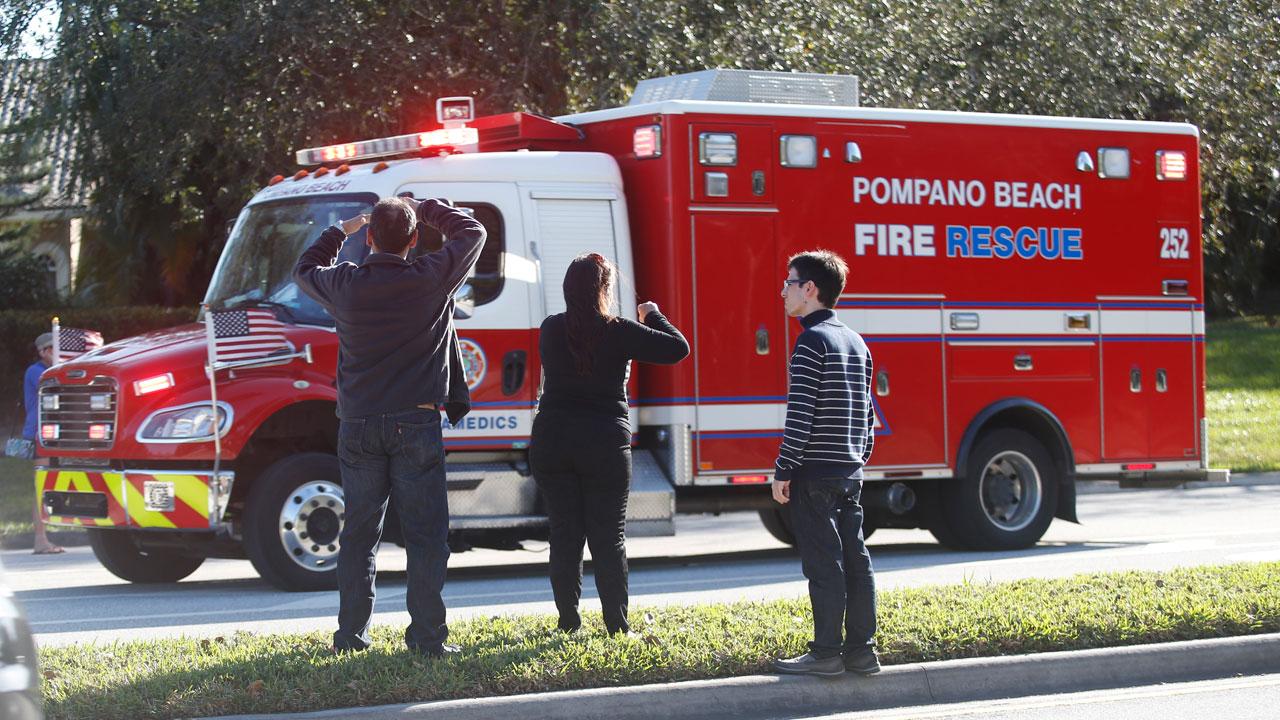Florida school shooting: Gun laws wouldn't have stopped it, ex-NYPD officer says
The shooting at a high school in Parkland, Florida, that left 17 students dead and multiple injured on Wednesday -- the deadliest school shooting since Sandy Hook in 2012 -- has revitalized the gun control debate in the U.S.
Nikolas Cruz, 19, was charged with 17 counts of premeditated murder in the shooting at Marjory Stoneman Douglas High School on Thursday and is being held without bond. Cruz, a former student who was expelled from the school, reportedly came on the campus during school dismissal and began firing his AR-15 rifle as students and faculty barricaded themselves in classrooms, officials said. The motive behind the shooting remains unclear.
Since then, an intense debate surrounding what’s responsible for the shooting, and what could have prevented it, has broken out among lawmakers.
“More laws would’ve done nothing to prevent this, especially gun laws,” John Cardillo, a former New York Police Department officer, told FOX Business’ Liz Claman. “We’re misplacing our anger.”
One of the biggest issues, Cardillo said, is the lack of power behind the mental health profession. Because of civil liberties and constitutional rights, a person can only be committed for a 72-hour period for observation; if they prove to not be a threat to the public or themselves, authorities have no choice but to release them.
Authorities have not commented on the state of Cruz’s mental health, but President Trump on Twitter wrote that there were “so many signs that the Florida shooter was mentally disturbed.” An Instagram page that apparently belonged to Cruz showed pictures of guns and knives, and an FBI official on Thursday acknowledged the bureau received a tip months prior to the massacre about a social media comment by Cruz, who aspired to be a “professional school shooter.”
Social media networks have come under fire for not recognizing or alerting authorities to some of Cruz’s more troubling posts. But Cardillo said the websites are still learning how to monitor communities that have populations larger than New York City.
“They’ve made some great strides. Can they do more? Absolutely,” he said. “But also you have to remember these are very large, large communities. Many times, policing a social network is the equivalent to policing a community with population 100, 200, 300 times New York City. It’s a bear of a task.”




















